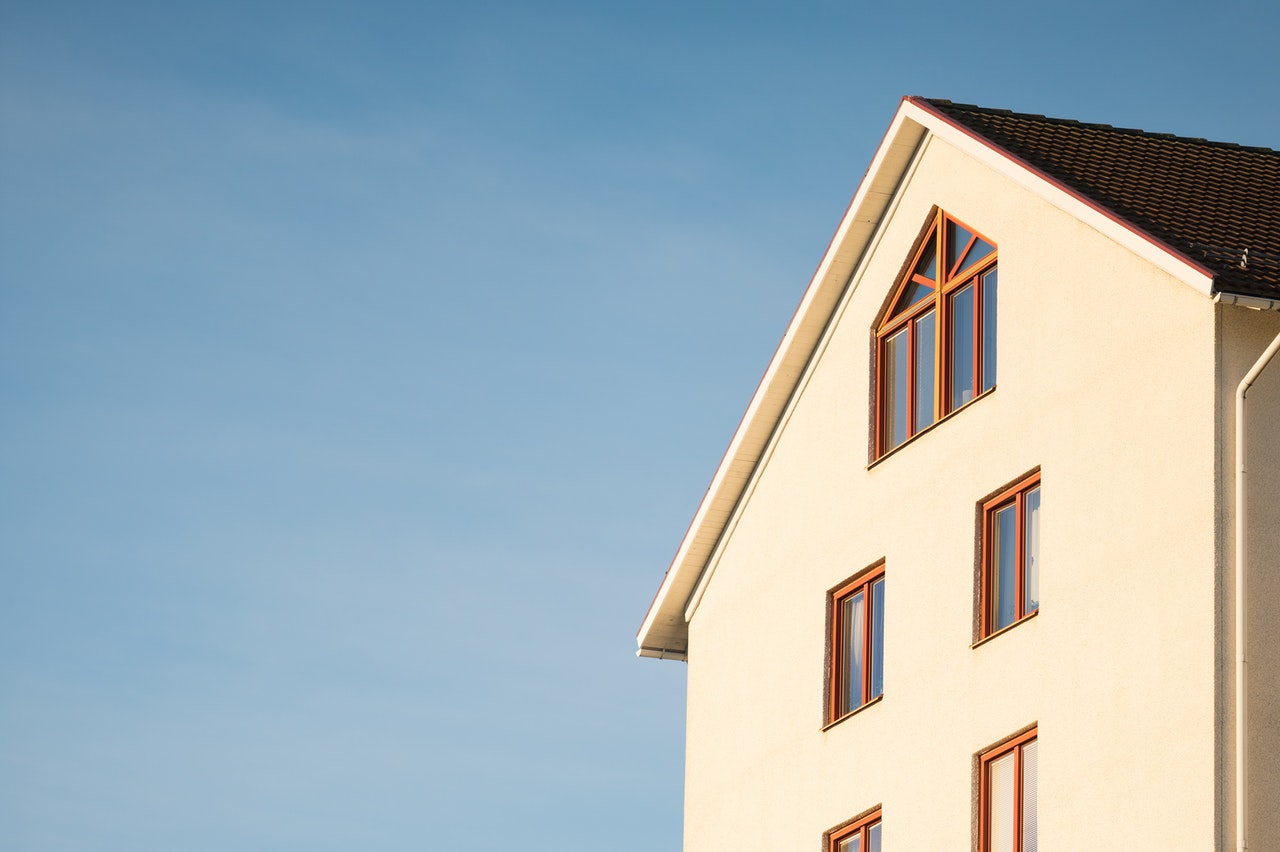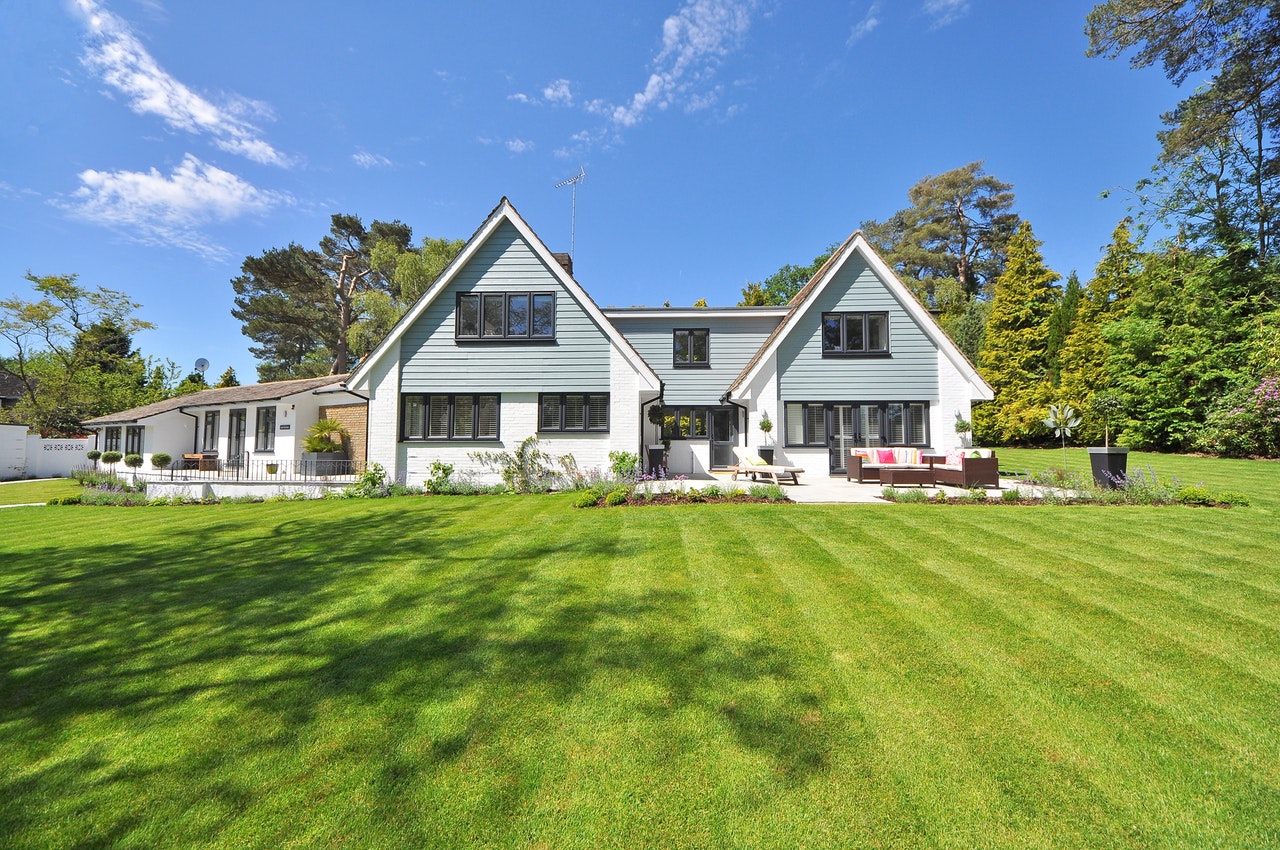Buying a new house is an exciting experience. However, if you don’t take the time for a thorough property viewing process, there is a high chance you will regret buying your property.
Ocean Finance suggests that one in ten homeowners regret buying their property due to 3 main reasons:
– Rushing into purchases
– Not getting on with neighbours
– Properties being too small
So how can you avoid being an unhappy homeowner? The process starts before you begin looking at properties. The Law House have outlined what to look out for in a property when you’re considering a purchase.
Planning your first house visit
The first thing to do before exploring property options is to make a checklist of the requirements for an ideal house. What is the price range for the house? How many rooms should the house have? Having a general idea of what to expect from a house will help narrow down the kind of house that suits the needs and likes of the homeowner.
Visiting the house for the first time
Once a general concept of what the house should be like is established, it is time to check it out in person. It is easy for one to make an instant decision on the property based on a first impression. According to Barclays Mortgages Research, it takes house hunters an average of 10 seconds to decide if they like a property from its exterior. While it may be aesthetically fitting, it is important to keep thinking of the checklist of requirements and have an open mind until the whole property has been explored.
A Closer Inspection
If a house shows promising potential of it being The One after the first visit, don’t feel like there is the need to commit to that particular property after just one viewing. Make sure a second visitation is arranged, and ideally at a different time of the day.
During your second visit, a closer inspection can be done for visible problems like damp, plumbing issues and faulty electrics. To get a general sense, the condition of the house will give you an estimate of how much work needs to be done on it later on. Some questions can include:
– When was the boiler fitted?
– How old is the wiring?
This will also be the time for an inspection of the environment beyond the house and evaluate its surroundings. Are the neighbours noisy? Are there any amenities and transport links nearby? If the house’s condition and its location are of a satisfactory level, the next step will be making the official purchase.
Signing the papers and making it final
Before signing the official papers, allow professionals to complete final checks on the house to confidently approve the choice in making a final commitment.
Pay for a thorough property survey to establish whether any major repairs are required on the house. If the survey uncovers costly problems but you still want to proceed with the purchase, consider lowering the offer.
To make sure the process runs smoothly, from exchanging contracts to completion, it would be wise to arrange for a property solicitor to handle the legal work.
It helps to stay level-headed during the process of choosing a new house before you sign the papers and make it official. #Perfecthousedate


